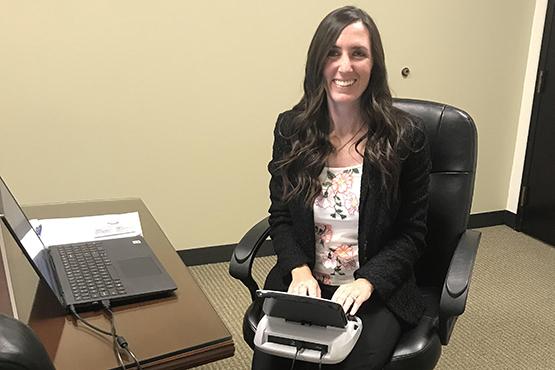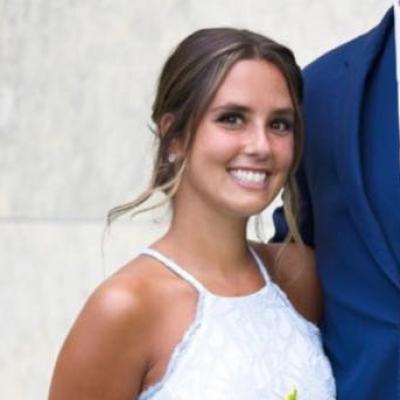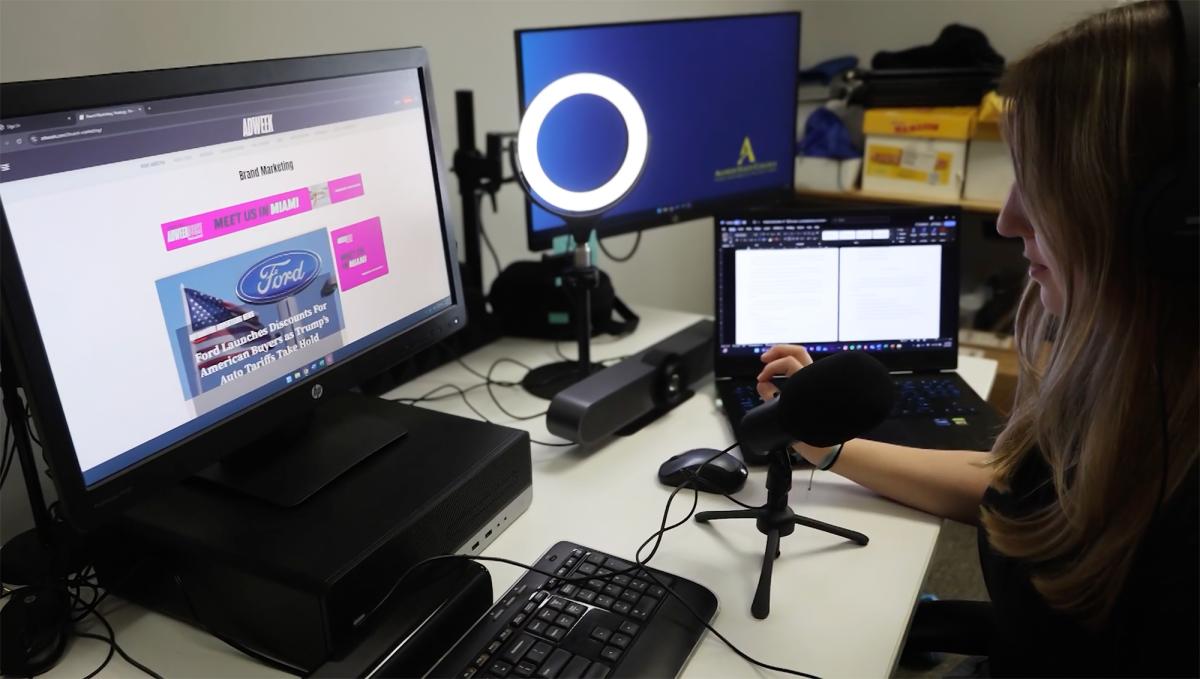Court and Realtime Reporting

PROGRAM DETAILS
Courses You May Take
Fall
| CTRP1162 | Realtime Writing Theory Ia | (2 cr) |
| & CTRP1172 | Realtime Writing Theory Ib | (2 cr) |
| CTRP1182 | Realtime Writing Theory IIa | (2 cr) |
| & CTRP1192 | Realtime Writing Theory IIb | (2 cr) |
| CTRP1543 | Grammar for Court Reporters | |
| COMP1503 | Writing Studies (3 cr) | (3 cr) |
| General Education Natural Sciences Elective | (3 cr) |
Summer
| CTRP3163 | Speedbldg I | |
| CTRP3373 | Computer Aided Transcription | (3 cr) |
Admissions Requirements
Recommended: Algebra
What else will increase my chances of success in the program?
Successful students have embraced the following Best Practices while in school:
- Practicing 18-25 hours per week (combined classroom/self-monitored)
- Being accountable for your practice hours
- Accessing all resources, consultations with instructors, all available means of dictation, job shadowing, peer review, mentoring, internships
- Participating in the development of your own Individual Development Plan with your school outlining speed-building path and goals
- Take responsibility for your success
- Seek feedback from instructors on daily/weekly basis
- Review all graded work so you can learn from your mistakes
- Join NCRA or your state association to surround yourself with positive encouragement
Court and Realtime Reporting has a Tool/Supplies Lending Program

In court and realtime reporting, you’ll build shorthand speed and accuracy while mastering advanced theory and phrasing. You’ll practice readback, transcription, and computer-based editing, as well as learn how to translate multi-voice testimony with confidence. Training also covers captioning technology, real-time applications, and transcript formatting, ensuring you graduate prepared for professional roles in legal, captioning, and freelance reporting.

100% online majors with...
Hands-On Experience Alfred State's 100% online programs all include applied learning. Whether through projects that fit with your daily work or through internships in your local community, Pioneers put their knowledge to work. Experiential learning ensures that Pioneers are PROS!
Wondering where your skills can take you? Our career tool lets you explore real job titles, key skills, salary ranges, and job outlook data from the US Bureau of Labor Statistics nationally or for New York State.
See how your Alfred State degree connects directly to in-demand careers and start planning your future with confidence.
MEET OUR FACULTY


TAKE THE NEXT STEP
You've seen our wide variety of majors at Alfred State, our great faculty who help you build your skills, and that you can do it at an incredible low cost. Now's the time to become an Alfred State Pioneer.






